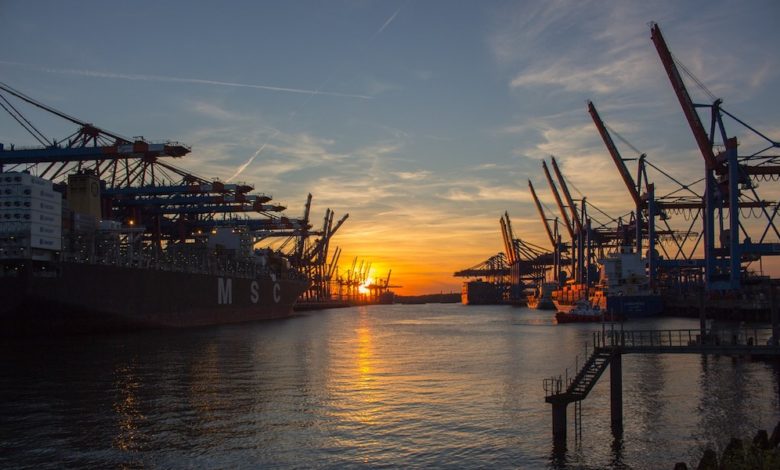European Commission urged to investigate liners over their ‘unfair’ and ‘discriminatory’ practices

The European Association for Forwarding, Transport, Logistics and Customs Services (CLECAT) has sent a letter to the European Union, urging for an inquiry into the container shipping sector, alleging unfair and discriminatory practice.
“The profiteering of ocean shipping carriers resulting from their capacity management strategy allowed them to acquire the market power and financial war chest that they are now using to vertically integrate, increase rates and drive out independent freight forwarders in the downstream market,” CLECAT suggests, claiming discriminatory conduct towards freight forwarders will ultimately disadvantage shippers and end-consumers because of restricted choice in services and higher rates.
CLECAT has sent a letter to Margrethe Vestager, the EU’s commissioner for competition, asking the European Commission to use its powers of investigation to establish the degree of concentration, consolidation, coordination, and cartelisation in the upstream container liner shipping services markets serving the EU, and the downstream markets for freight forwarding services.
CLECAT has called on the commission to investigate under the EU competition rules, and in the context of the Consortia Block Exemption Regulation (CBER) review, the marketplace effects of the combination of the block exemption, vertical integration, consolidation, control of data and the resulting market dominance.
Nicolette van der Jagt, director general of CLECAT, commented: “The vertical integration is particularly unfair and discriminatory as carriers – enjoying an exemption from normal competition rules – are using the windfall profits to compete against other sectors that have no such immunity.”
She added: “Consolidation is also problematic as fewer carriers lead to fewer service options, constraints on the supply of space and market dominance that, in turn, enable a few carriers to discriminate among larger BCOs, SMEs and freight forwarders—which then lead to higher rates for everyone.”
To date, the European Union has ducked away from pursuing liner investigations, while other jurisdictions, notably the US, have been looking into the matter in recent months.
Liners made a combined profit in excess of $200bn last year, while also presiding over the worst period of schedule reliability in the history of containerisation.

Dismissed : With Extreme Prejudice.
We have heard these rumbles in the United States, and now we see the sour grapes in Europe.
While the extortionary freight rates are a fact, it is a question of demand and supply. It is preposterous to assume that this is a cartel operating and that the vertical integration has somehow robbed shippers of choices.
For anyone who has forwarded the merging of carriers, they happened in periods of disastrous results, and the last one – I believe it was ONE was in 2017 and COSCO acquiring OICL was in 2018. Did we hear the very same people complaining then ?
Not at all, because at that time the freight rates were at a punitive level driving carriers to bankruptcy. Why would they complain when they and their shareholders raped and pillaged the carriers at will.
Freight forwarders have long been the bane of Ocean Carriers, with their predatory negotiating tactics, their manipulations, their shopping around for space, their notorious last-minute cancellations, and at the end of it all, the top forwarders were larger than the largest Carrier.
The cycle will turn, as sure as day follows night, but this is the hour where the carrier rules supreme. One would make an enemy of the big 6 at your own peril for the next 2 or even three years. After all, there is SO MUCH cargo, that they could simply decide to shut you out – Permanently.
Cartels gonna cartel
Arjun Vikram-Singh
Couldnt agree more with you, it seems shippers forgot when they drove Hanjin Shipping into bankrupcy.
Consolidation is also problematic as fewer carriers lead to fewer service options,
Now the very same people are complaining about carriers merging. Fun Fact for the shippers and forwarders:
You guys have created this, the carriers didnt want that, but in order to survive.
Also the US attacking while, the EU does not, well guess why: There is no important container shipping company from the US anymore, if there would be one, the US would be same as the EU.
There is another article, by Sam on this site.